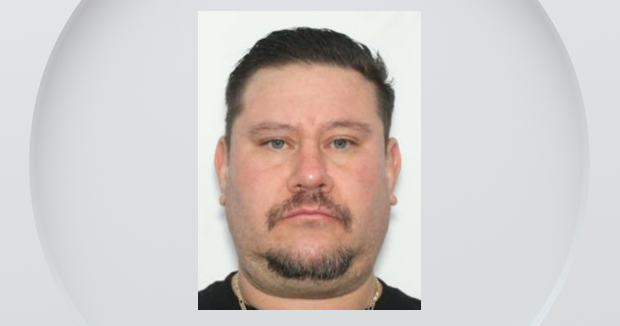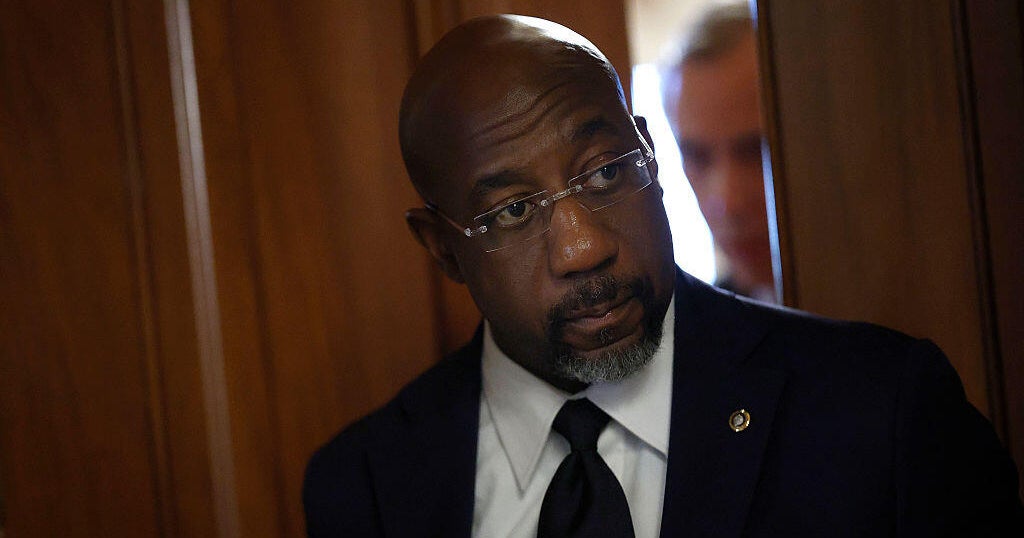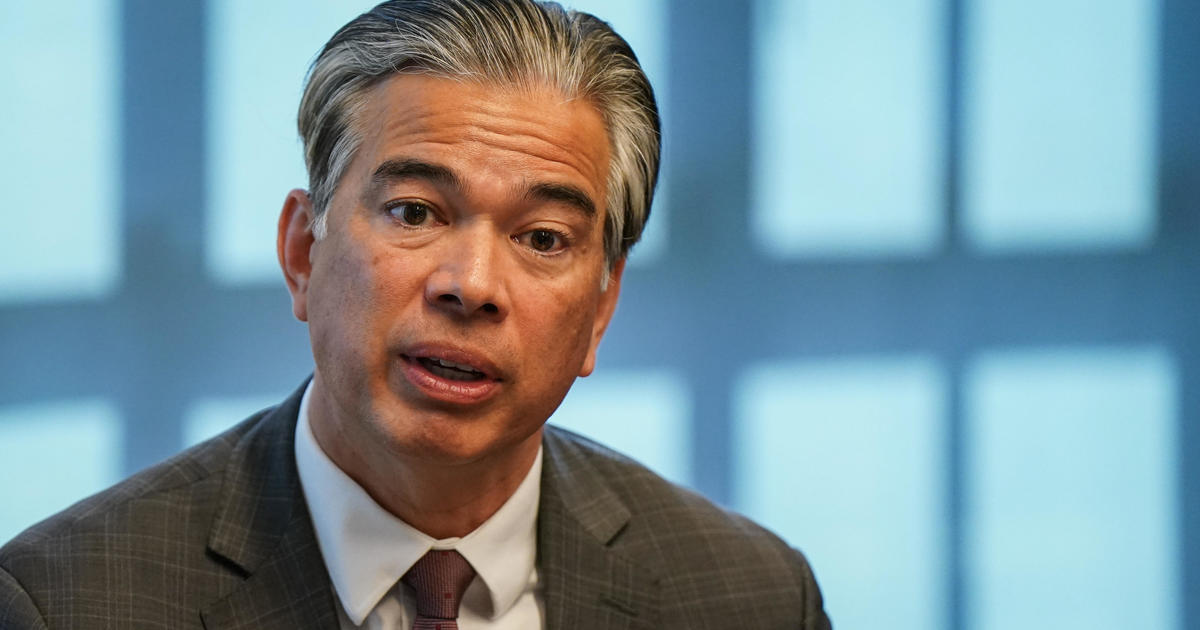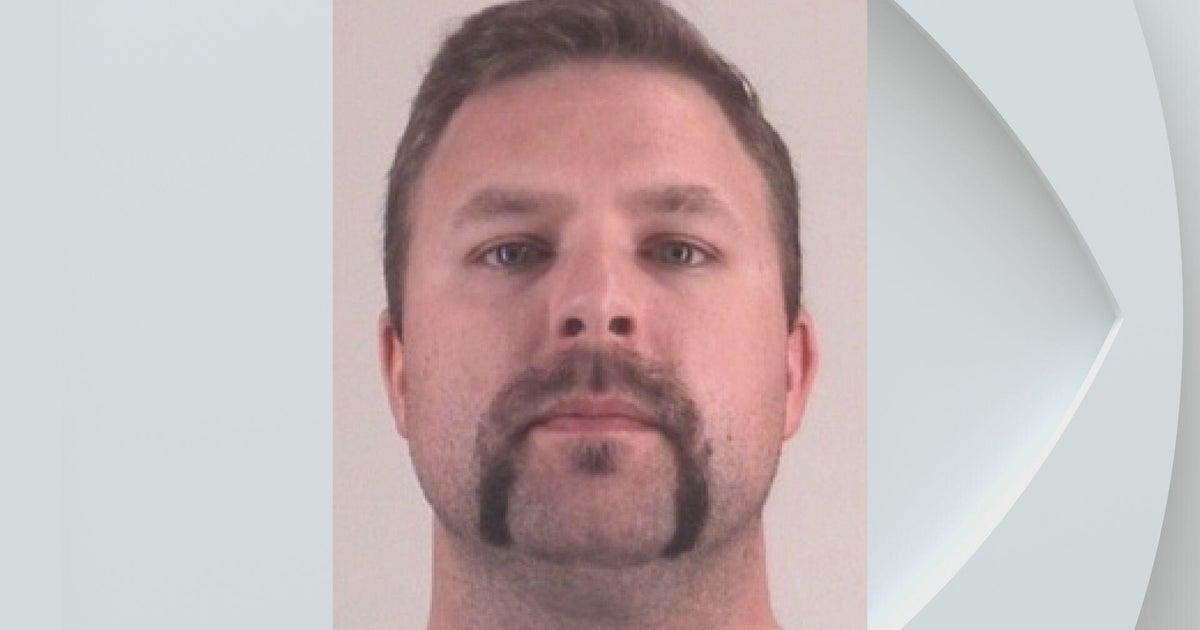Commerce City Officer Fired After Filing Info Request
COMMERCE CITY, Colo. (CBS4) - A Commerce City police officer fired after he filed a Colorado Open Records Act Request has now filed a federal lawsuit suggesting his termination violated his First Amendment rights.
"They took away a career I loved, they took my career away from me because I was seeking honesty, integrity and truthfulness. That's wrong," said Scott Green, who was with the Commerce City Police Department for 18 years until he was fired last December.
Commerce City Police Chief Troy Smith fired Green three months after the veteran officer filed a Colorado Open Records Act Request with the City of Arvada seeking information on two of his fellow Commerce City officers who had previously served with the Arvada Police Department.
"And I made the request and I needed to find out about the truthfulness of a couple officers in our department. I made it as a private citizen and did it merely as a citizen like anyone else would do," Green said.
Last September Green, off duty, unarmed and not in uniform, traveled to the City of Arvada and filed a brief written Colorado Open Records Act Request seeking disciplinary information and excessive force history for two former Arvada officers who worked alongside Green at Commerce City. Green previously had bad blood with one of the two officers.
Arvada denied Green's request for information and Arvada Police Chief Don Wick then called his Commerce City counterpart, Chief Troy Smith, to let Smith know that one of his officers was attempting to gather information about two of his colleagues. Smith immediately launched an internal affairs investigation saying Green's actions constituted an "unauthorized investigation" aimed at undermining his colleagues.
In depositions and various statements Smith said Commerce City officers had a history of investigating each other in the past which proved detrimental to the department. In 2013 Smith emailed department members prohibiting them from investigating each other.
So when Green filed his CORA, his chief construed the request as an "unauthorized investigation."
"What's the difference between a CORA and an unauthorized investigation?" Green was asked.
"I'm not quite sure," Green replied.
When a Commerce City sergeant reviewed the case he recommended Green only receive a "log entry" in his personnel file. Commerce City Deputy Chief Francis Gomez also reviewed the case and she recommended a written reprimand for Green. But Smith said he would not tolerate officers investigating each other as he said it led to dysfunction in the organization.
"Investigations which are not officially sanctioned by the department, as a part of its professional duties and responsibilities, constitute a violation of city and departmental policy, are unacceptable, and will not be tolerated," wrote Smith in a 2013 email to department members.
Smith found that Green had violated four department regulations and terminated him Dec. 1, 2014. In March 2015 a Commerce City hearing officer upheld the firing saying Green planned to discredit his fellow officers and "boost his integrity and credibility."
Career Services Hearing Officer Kristin Brown wrote, "It is clear that Green was not terminated simply for submitting a CORA request to the City of Arvada. He was terminated because he violated four separate policies of CCPD Policies and Procedure."
Brown said the termination was not "an abuse of discretion."
Michelle Halstead, director of communications for Commerce City, said the city cannot comment on pending litigation, but said the termination of Green was "appropriate and lawful." She said Commerce City looked forward to the case being heard in federal court.
Reid Elkus, an attorney representing Green in his federal lawsuit, said, "The only unauthorized investigation was making a CORA request. It's a CORA request and that's it. No one should be treated differently under the law."
Green had virtually no previous disciplinary history with Commerce City. He said he wasn't sure exactly what he would have done with the information if he had actually received it.
"Everyone should have the opportunity to go in and ask questions of any department," said Green.
CBS4 Investigator Brian Maass has been with the station more than 30 years uncovering waste, fraud and corruption. Follow him on Twitter @Briancbs4.







